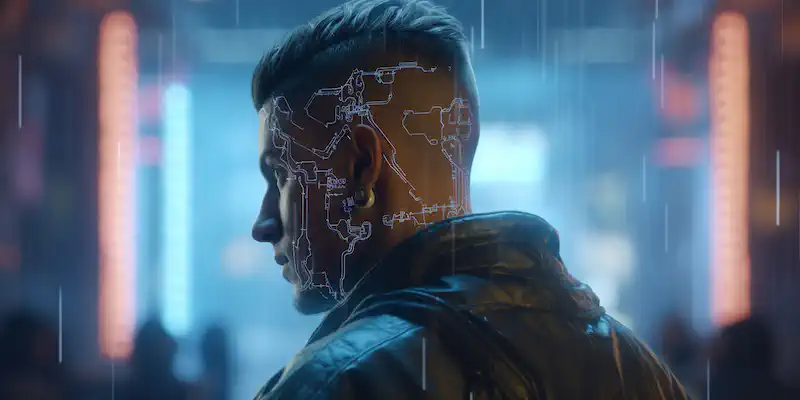Introduction
In the world of multiplayer gaming, one of the biggest challenges faced by developers and players alike is the lack of real human interaction in the gaming environment. This often leads to a “chicken and egg” situation, where the absence of other players makes a game uninteresting, resulting in fewer players joining in. But what if we could change that with the power of AI-driven NPCs (non-player characters)?
Introducing ODIN: The Real-Time Voice and Data Sync SDK
We’ve already made SDKs available for C, C#, Unity, Unreal Engine 4 and 5, the Apple ecosystem, and the web. Our most recent addition is the NodeJS SDK, enabling server-side data and audio reception, which can be used for recording, transcribing, and interacting with other peers via data channels.
AI-Driven NPCs: A New Era of Immersive Gaming
Today’s NPCs in multiplayer games are typically limited in their capabilities, not networked, and unable to replace real players. By leveraging AI-driven NPCs, we can create more interactive and engaging gaming environments that attract and retain players.
For example, imagine a barkeeper in a metaverse-like application. This AI-driven bot could receive and transcribe nearby players’ audio, feed it into a language model like ChatGPT, generate a response, and play it back via text-to-speech in the game.
While there have been experiments using this approach, most have been limited to client-side, single-player experiences. In multiplayer environments, you need a solution that works for all users in the same area.
That’s where ODIN comes in. With our cross-platform real-time voice and data sync SDK, every player in the same room can talk and interact with each other. And now, with the NodeJS SDK, a player can also be an AI-driven bot, with the full potential of a human player. These bots are lightweight, horizontally scalable, and receive individual audio streams and the same data as human players.
When a server spawns an NPC, it can trigger the launch of a corresponding bot running ODIN’s NodeJS SDK, listening to audio and data channels to interact with nearby players. If the NPC is killed or removed from the game, the bot will be stopped. As it’s just a simple NodeJS script, you can run them in a Kubernetes cluster.
Get Started with ODIN Today
If you’re interested in exploring these next-generation applications and experiments, download our SDK and get started for free. Our free tier includes up to 25 concurrent users, more than enough for your experiments. Don’t miss the opportunity to revolutionize multiplayer gaming with AI-driven NPCs and immersive experiences powered by ODIN.

